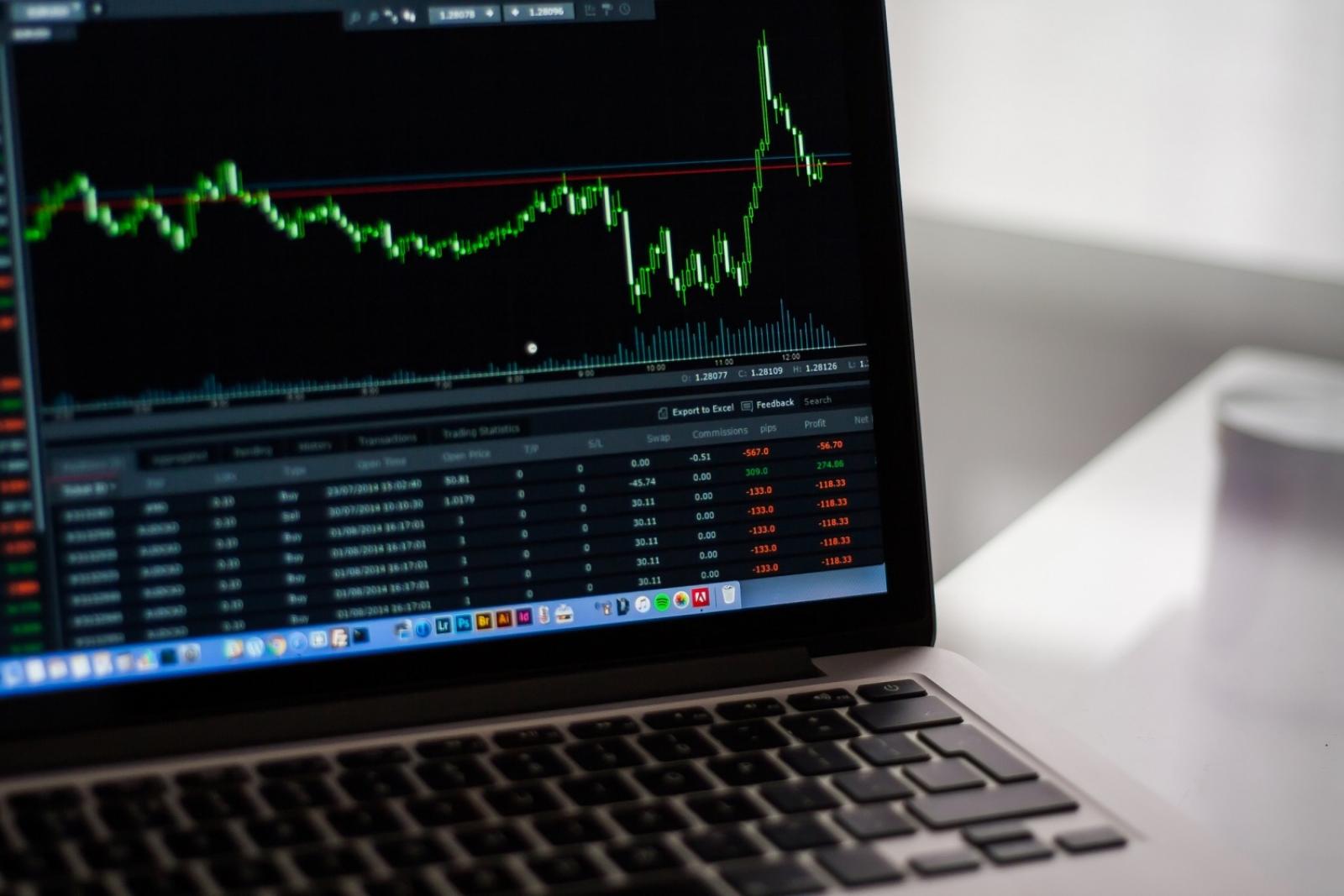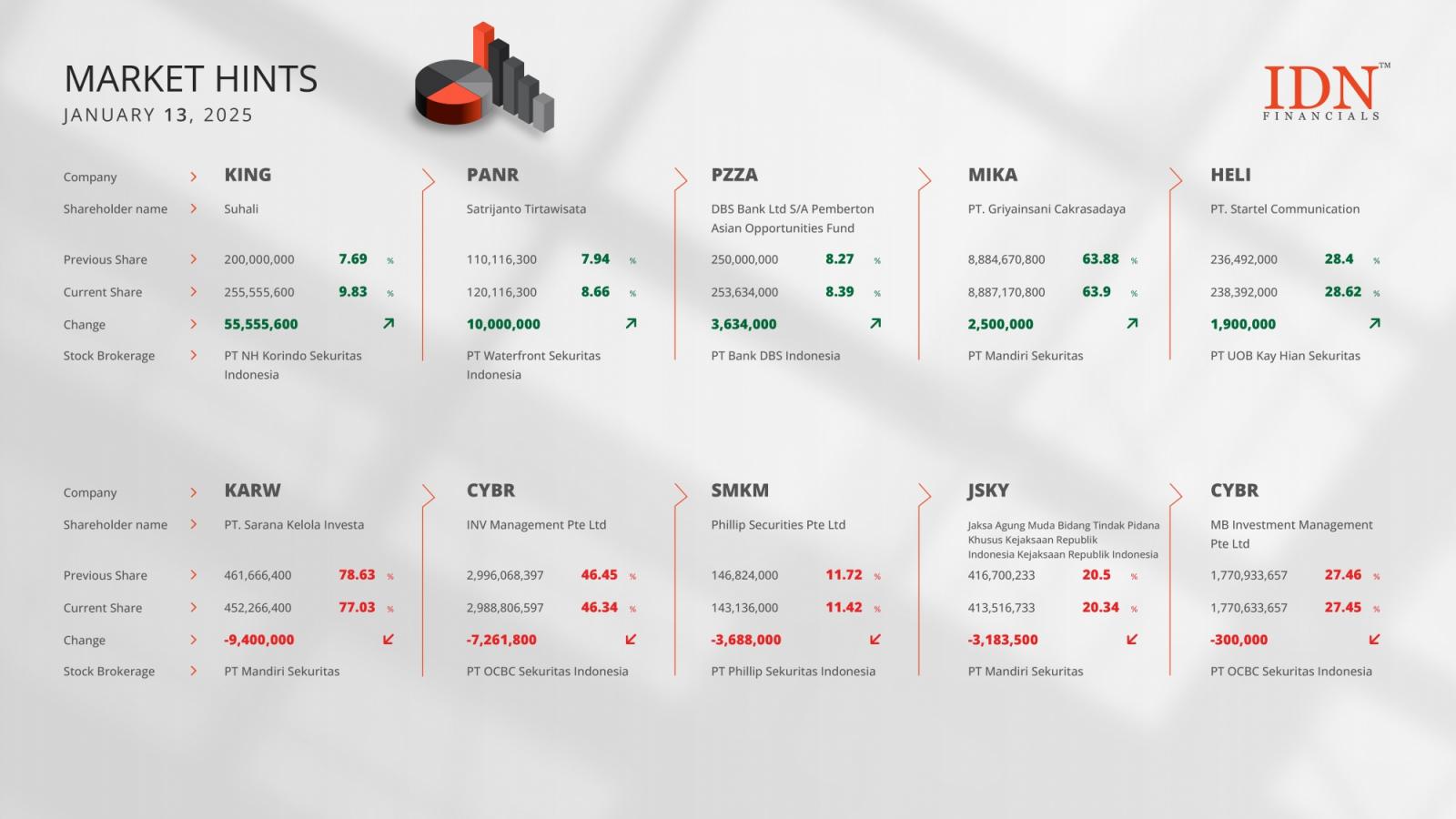The Bitcoin (BTC) price surged more than 5% back to the $65,000 level on Wednesday in the wake of US CPI inflation data showing moderating price pressures in April. This supports bets that the Fed will be able to ease interest rates a few times before the end of 2024.
Decent CPI reading –
US CPI (MoM – Apr): 0.3% vs. 0.4% exp. (prior 0.4%) Core (MoM): 0.3% vs. 0.3% exp. (prior 0.4%)
Growth stocks are like coiled springs, QT-taper and rate cuts later this year likely to trigger big rally.
— Puru Saxena (@saxena_puru) May 15, 2024
The rise in the Bitcoin price came alongside a 0.9% jump to new all-time highs for the S&P 500. Meanwhile, US bond yields and the US Dollar Index slumped to one-month lows.
Traders are currently the most confident that there will be at least one cut by September in around one month. That’s according to CME data, which shows a 71% money market implied probability of at least one cut by September.
One day ago, the money market implied that the probability of at least one cut by September was around 65%.
Bitcoin now faces a crucial technical barrier in the form of its 50DMA at $65,166. If the Bitcoin price breaks above here and its May highs to around $65,500, further short-term upside could follow.
The next level to watch would be the late-April highs around $67,000. Beyond that, the next target would be a retest of yearly highs in the $73,000 area.
Can the Bitcoin Price Break Out of Its Multi-Month Range?
Fears about a gradual rise in inflation in Q1 2024 have been a major headwind to Bitcoin in recent months.
Sticky inflation at the start of 2024 forced markets to price out aggressive Fed rate cuts. That’s probably the biggest reason Bitcoin stalled after hitting new record highs near $74,000 ahead of the halving.
It has since been locked within a consolidation range, trading mostly between $60,000 and $70,000. However, while not a game-changer, the latest inflation report shows signs the Q1 inflation bump won’t last.
If concerns about inflation ease from here on out, macroeconomic prospects could turn into a medium-term tailwind for Bitcoin rather than a headwind.
So, can the Bitcoin price break out of its multi-month range? Well, in recent years, May hasn’t been a good month for Bitcoin.
As per bitcoinmonthlyreturn.com, Bitcoin fell 35% in 2021, 15.5% in 2022, and 7% in 2023. According to Steno Research, Bitcoin hasn’t performed well during the middle months of the year over the past five years.
Sell in May and go away in Bitcoin? @MadsEberhardt with all the data here -> https://t.co/OQyGuqYCFr pic.twitter.com/qxyr0yZ2nN
— Andreas Steno Larsen (@AndreasSteno) May 2, 2024
Post-halving rallies typically don’t get going until 4-6 months after the halving. That would suggest no major push higher until after August.
But 2024 could be different as it’s an election year. Markets tend to rally into elections, breaking them from their normal bearish summer conditions.
Both #Bitcoin and the stock market are consolidating right around ATH, in a presedential election year.
History has shown us the markets like to rally into the elections, so much so that the summer is bullish in 3 out of every 4 pre-election summers.
Buy in May and walk away.
— Jelle (@CryptoJelleNL) May 15, 2024
Long-term Bitcoin price risks remain strongly tilted to the upside. Rate cuts, the halving, continued government spending, and demand for spot Bitcoin ETFs could push BTC above $100,000 in 2024 or 2025.





